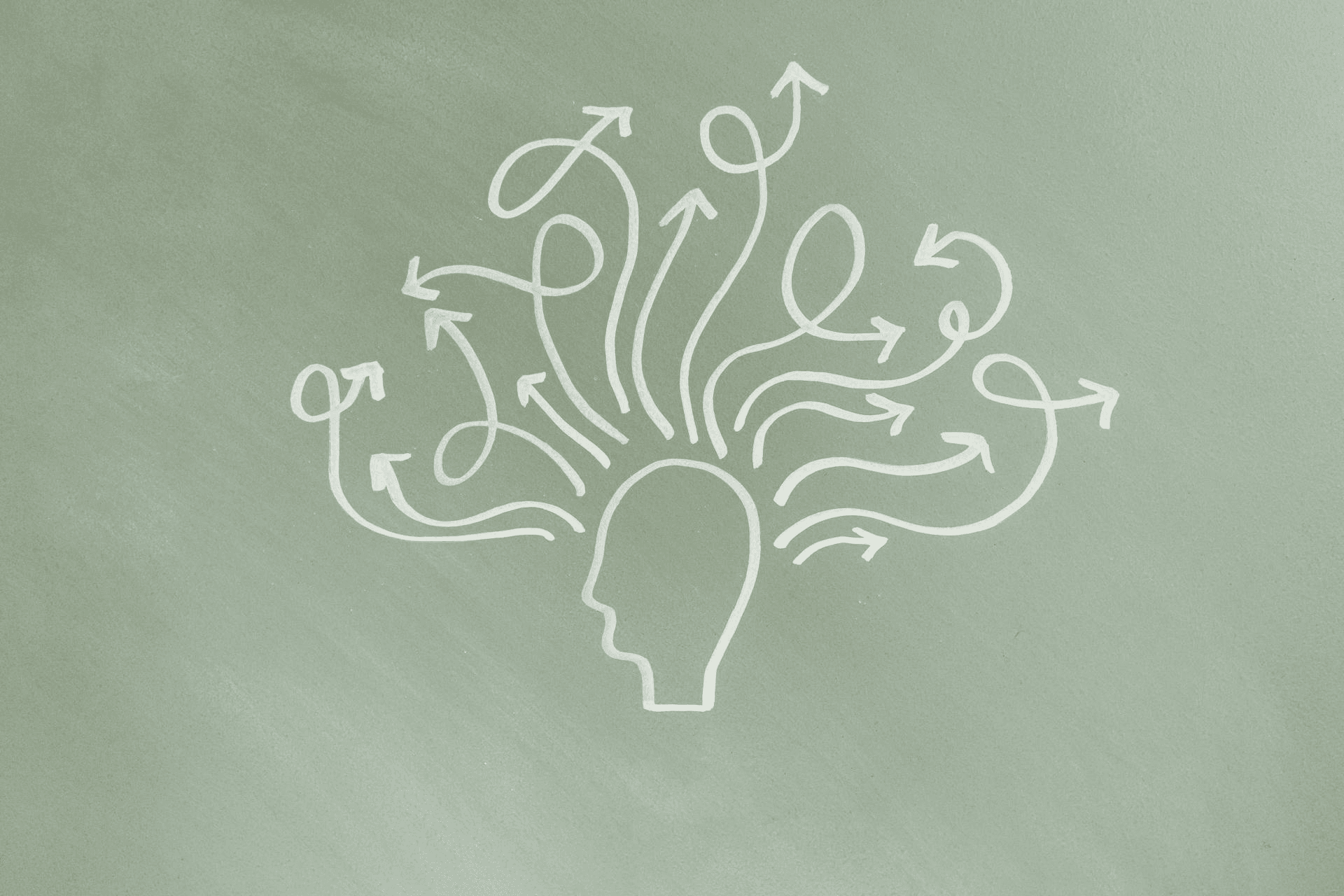Attention-Deficit/Hyperactivity Disorder (ADHD)
Lighthouse’s Psychiatric Day Treatment program provides comprehensive evaluation and intensive, short-term treatment to adults 18 years of age and older with acute psychiatric illnesses including psychosis, eating disorders, mood disorders, anxiety disorders, and personality disorders, and substance abuse. The program functions to avert or shorten inpatient hospitalizations, providing a structured, supportive environment for those who can live in the community and can be treated outside of the inpatient setting.
Behavioral Therapy:
Behavioral therapy is often a cornerstone in the treatment plan for children with ADHD. This approach typically includes:
Parent Training: Parents are taught strategies to manage their child’s behavior, including reinforcement techniques for positive behavior and structured routines.
Cognitive Behavioral Therapy (CBT): Aims to help individuals with ADHD develop skills to manage their symptoms, improve organizational skills, and cope with challenges.
Social Skills Training: Focuses on helping children learn appropriate social behaviors, improve interactions with peers, and understand social cues.
Medication:
Medications can be an effective treatment option for individuals with ADHD, particularly for those with moderate to severe symptoms. The main types include:
Stimulants: Medications such as methylphenidate (Ritalin, Concerta) and amphetamines (Adderall) are the most commonly prescribed. These medications work by increasing dopamine and norepinephrine levels in the brain, helping to improve attention and reduce impulsivity and hyperactivity.
Non-Stimulants: Options like atomoxetine (Strattera) and guanfacine (Intuniv) are available for those who may not respond well to stimulants or experience adverse effects. Non-stimulants can also be used as adjunctive therapy.
Lifestyle and Holistic Approaches:
In addition to behavioral therapy and medication, lifestyle changes can contribute positively to managing ADHD symptoms. These may include:
Diet and Nutrition: A balanced diet that includes omega-3 fatty acids, fruits, and vegetables can support brain health. Some families explore dietary interventions to identify if certain foods adversely affect behavior.
Physical Activity: Regular exercise has been shown to improve focus and reduce symptoms of ADHD. Activities that require coordination and concentration can be particularly beneficial.
Mindfulness and Relaxation Techniques: Practices such as yoga, meditation, and deep-breathing exercises can help improve focus and reduce anxiety.
Family and Community Support:
Support from family is crucial for individuals with ADHD. Family therapy can help improve communication and relationship dynamics, while community support groups can provide shared experiences and resources.
Effective management of ADHD often requires a comprehensive, individualized treatment plan that addresses the specific needs of the person. Collaboration among healthcare professionals, educators, families, and the individual diagnosed with ADHD can lead to better outcomes and improved quality of life. Regular follow-ups and reassessments are essential to tailor treatment approaches as needed, ensuring that they remain effective as the individual grows and their circumstances change.
Understanding ADHD
ADHD is a bit of a puzzle and a complex one at that, but for adults and children with ADHD, that’s not a helpful way to look at things. It’s far better to concentrate on each individual one of the many ADHD symptoms and determine whether it’s a problem for you and how to deal with it. This symptom-focused approach to treating ADHD means it all feels far less overwhelming, and all treatment plans can more easily be tailored to the adult ADHD patient. Remember, although there are many symptoms, you might not have all of them, yet you could still have ADHD, so it’s wise to speak to a doctor and look at the diagnostic criteria to see the next steps.
Inattention
Some ADHD symptoms are more prevalent than others. One that’s very common is persistent inattention, which makes it difficult to focus on tasks (at home, work, or school) and makes following instructions difficult or even impossible and very stressful. This inattentiveness can lead to disorganization, forgetfulness, and mistakes.
Hyperactivity
Hyperactivity is another element of ADHD. When someone is hyperactive, they’ll be restless and have too much energy, which makes it hard to engage in quiet activities or even sit still a lot of the time. In children, this can result in fidgeting or talking when they’re meant to be quiet in class, for example. In adults, ADHD can look like a constant feeling of restlessness, although they might be able to mask this by the time they’re older, whereas children aren’t always able to do this.
Impulse Control
Another issue with ADHD is not having impulse control. This means children and adults with ADHD tend to act on their gut feelings without thinking about the long-term (or even short-term consequences). This can lead to bad decision-making, difficulty waiting for your turn in any situation, and perhaps blurting out thoughts and responses before others finish speaking, so it always seems as though ADHD patients are interrupting and possibly being impolite.
Time Management And Emotional Regulation
For adults, ADHD can bring all kinds of unique challenges. Time management is always difficult, as tasks and deadlines easily slip through the cracks, and the consequences of always being disorganized can affect work, studies, and relationships. Emotional regulation can be another hurdle to get over, with ADHD individuals often experiencing brief but intense emotions that quickly shift and change. This can be confusing and even give people low self-esteem.
Despite these obvious challenges, ADHD doesn’t have to be an insurmountable problem, and with the right patient-driven support and therapy, lives can change for the better.
Effective management of ADHD often requires a comprehensive, individualized treatment plan that addresses the specific needs of the person. Collaboration among healthcare professionals, educators, families, and the individual diagnosed with ADHD can lead to better outcomes and improved quality of life. Regular follow-ups and reassessments are essential to tailor treatment approaches as needed, ensuring that they remain effective as the individual grows and their circumstances change.




